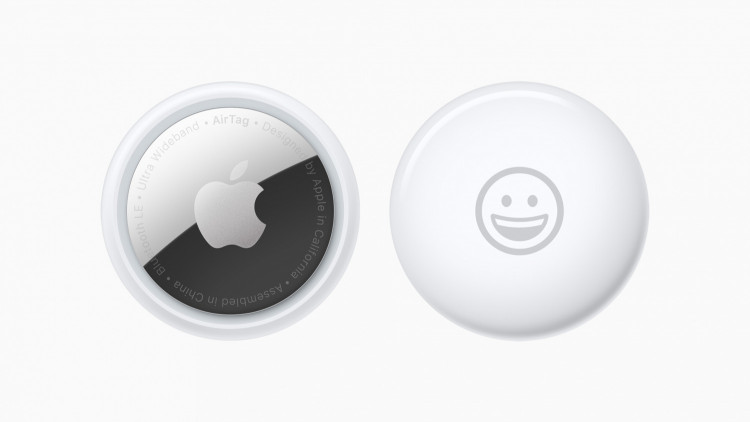Apple's popular AirTag tracker, first launched in 2021, is reportedly poised for a significant upgrade with the release of its second-generation model, expected in mid-2025. According to Bloomberg's Mark Gurman, the upcoming AirTag 2 will feature a series of advancements, including enhanced range and safety improvements, while maintaining the familiar design that has contributed to its widespread adoption.
The highlight of the new AirTag is the integration of Apple's second-generation Ultra Wideband (UWB) chip, first introduced in the iPhone 15 and Apple Watch Ultra 2. Gurman states that the updated chip will provide "considerably" longer range, tripling the current AirTag's signal distance of 10-30 meters. This enhancement could enable users to track lost items from distances of up to 200 feet, making it far more effective in real-world scenarios.
The increased range could also integrate seamlessly with Apple's existing ecosystem, including airlines like United, which have begun utilizing AirTags for baggage tracking. By leveraging improved connectivity, users will find it easier to locate misplaced items, especially in expansive areas such as airports or outdoor environments.
In addition to its technical enhancements, Apple is focusing on addressing safety concerns associated with AirTag use. Reports of misuse, including stalking incidents, have prompted the company to incorporate stricter security measures. Gurman notes that Apple plans to make the AirTag's built-in speaker more difficult to remove, aiming to thwart attempts by bad actors to silence the device. This change aligns with Apple's broader commitment to user privacy and safety.
While these upgrades mark a substantial improvement in functionality, the AirTag 2 is expected to retain its current design. Gurman suggests that Apple has no plans for a significant aesthetic overhaul, signaling the company's satisfaction with the existing form factor. However, users continue to hope for additional refinements, such as a flatter, card-like design for easier storage in wallets and purses.
Battery life is another feature under scrutiny. Though specific details remain unconfirmed, longer-lasting power would address one of the original AirTag's limitations, particularly for users who rely heavily on the device in remote or challenging conditions.
The AirTag's success since its debut has highlighted the growing demand for compact, reliable tracking devices. Its initial release set a high standard for competitors, and the rumored upgrades suggest Apple's intent to solidify its dominance in the market. Despite the four-year gap between models, the enhanced range and improved safety features could help sustain consumer interest and loyalty.





